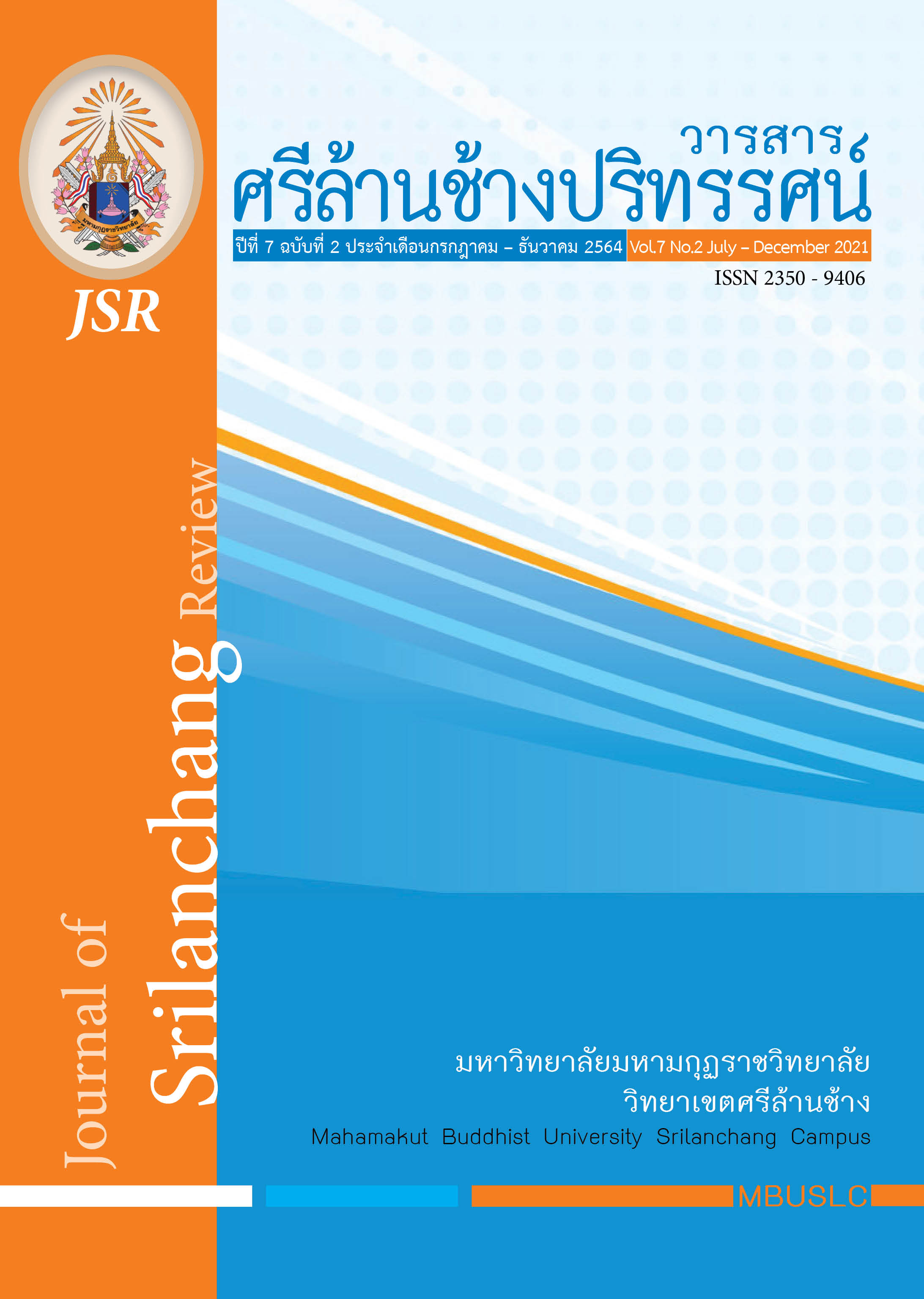DEVELOPMENT OF POLICY-MAKING MECHANISM OF THAI POLITICAL PARTIES
Main Article Content
Abstract
The objectives of the research were 1) to study and analyze the general conditions and obstructive problems related to policy-making mechanism of Thai political parties, 2) to study the policy-making mechanism of Thai political parties, and 3) to present the development of policy-making mechanisms of Thai political parties. It was a qualitative research, of which data were collected from 25 key informants and an eleven-person focus group discussion. The data were analyzed through the descriptive content analysis.
The research findings were as follows: 1) The general conditions and obstructed problems, related to the policy-making mechanism of Thai political parties, were caused by more complex factors, diversified and distributed. They were specially based on external factors such as social movements and politics rather than internal factors like leaders and core persons within the parties. 2) The policy-making mechanism was based upon sincerity of Thai political parties in solving problems seriously. 3) The development of policy-making mechanism of Thai political parties was engaged in the political parties’ policy making, based upon the Buddhist principle of Iddhipāda. The knowledge base from the research demonstrated that the essence of development of Thai political parties’ policy-making mechanism began with the policy formation from their political ideologies leading to the process of political policy formation within the framework stipulated in the constitution. Later, a policy decision making, concepts and guidelines for working with party policies were consistent, beneficial for the nation and the people, and based upon the democratic system with the King as Head of State.
Article Details

This work is licensed under a Creative Commons Attribution-NonCommercial-NoDerivatives 4.0 International License.
บทความที่ได้รับการพิจารณาจากคณะกรรมการผู้ทรงคุณวุฒิและเผยแผ่ในวารสารฉบับนี้ เป็นทัศนคติและข้อคิดเห็นส่วนบุคคลของผู้เขียนแต่ละท่าน ไม่ถือว่าเป็นทัศนะคติและความรับผิดชอบ
ของบรรณาธิการ
บทความ ข้อมูล เนื้อหา รูปภาพ ฯลฯ ที่ได้รับการตีพิมพ์ในวารสารศรีล้านช้างปริทรรศน์ ถือเป็นลิขสิทธิ์ของวารสารศรีล้านช้างปริทรรศน์ หากบุคคลหรือหน่วยงานใดต้องการนำทั้งหมดหรือส่วนหนึ่งส่วนใดไปเผยแพร่ต่อหรือเพื่อกระทำการใด ๆ จะต้องได้รับอนุญาตเป็นลายลักอักษรจากวารสารศรีล้านช้างปริทรรศน์ ก่อนเท่านั้น
References
เข็มทอง ต้นสกุลรุ่งเรือง. (2563). พรรคการเมือง. ออนไลน์. สืบค้นเมื่อ 2 เมษายน 2563 แหล่ง สืบค้น http://wiki.kpi.ac.th/index.php?title.
คมสันต์ บัวติ๊บ และจันทนา สุทธิจารี. (2561). การเมืองในการกำหนดนโยบายสาธารณะ: กรณีศึกษานโยบายด้านโครงสร้างพื้นฐานขององค์กรปกครองส่วนท้องถิ่นในอำเภอแห่งหนึ่งในเขตจังหวัดภาคเหนือตอนล่าง. วารสารรัฐศาสตร์และรัฐประศาสนศาสตร์. 9(1), 1-28.
ชงค์ชาญ สุวรรณมณี. (2563). พรรคการเมืองกับกฎหมายพรรคการเมืองของประเทศไทย. ออนไลน์. สืบค้นเมื่อ 21 มกราคม 2563 แหล่งสืบค้น http://www.parliament .go.th/library.
นฐินันต์ ศรีลาศักดิ์. (2557). การบริหารจัดการพรรคการเมืองไทยสู่ความเป็นประชาธิปไตยแบบมีส่วนร่วม. วารสารวิชาการมหาวิทยาลัยอีสเทิร์นเอเชีย. 4(3), 260.
พระครูอุทัย สุตกิจ สุทธนู ศรีไสย์ และจินต์ วิภาตะกลัศ. (2558). ความสำเร็จของการบริหารงานตาม หลักอิทธิบาทสี่ของพระสงฆ์ในการเผยแผ่พระพุทธศาสนาในเขตพื้นที่จังหวัดอุทัยธานี. วารสารสมาคมนักวิจัย สาขามนุษยศาสตร์และสังคมศาสตร์. 20(2), 161-171.
พระมหาบรรจง ติสรโณ (ศรีสุข). (2561) ศึกษาการประยุกต์ใช้หลักอิทธิบาทธรรม 4 ในการจัดการเรียนการสอนของโรงเรียนปริยัติคุณรสวิทยา อำเภอเมืองสุรินทร์ จังหวัดสุรินทร์. วิทยานิพนธ์ปริญญาพุทธศาสตรมหาบัณฑิต. พระนครศรีอยุธยา: บัณฑิตวิทยาลัย มหาวิทยาลัยมหาจุฬาลงกรณราชวิทยาลัย.
ราชกิจจานุเบกษา. (2560). รัฐธรรมนูญแห่งราชอาณาจักรไทย พุทธศักราช 2560. เล่ม 134 ตอนที่ 40 ก. (6 เมษายน 2560).


